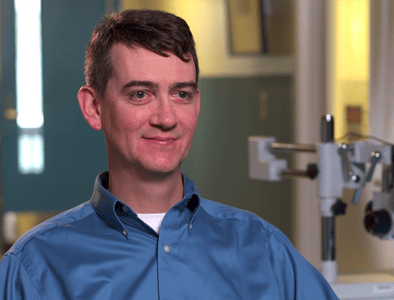This power quality essentials course is perfect for electrical engineers, technicians, and managers involved with recording or analyzing power quality data - whether you are just starting out or are a seasoned PE. This webinar is conveniently scheduled as weekly 60-minute web-based sessions. Seven Sessions also includes Q&A with the instructor.
The course is eligible for 7PDH and 0.7 CEUs.
Overview
Session #1 – Tuesday, February 17th at 11 AM ET
- Power Quality Overview: Perspectives, Definitions, Transients, Sags and Swells
Session #2 – Tuesday, February 24th at 11 AM ET
- Power Quality Topics: Loose Neutrals, Impact Loading, Ferroresonance, Voltage Regulation, UnbalanceSession #3 – Tuesday, March 3rd at 11 AM ET
- Waveform Distortion (Harmonics, Interharmonics, Notching)
Session #4 – Tuesday, March 10th at 11 AM ET
- Light Flicker
Session #5 - Tuesday, March 17th at 11 AM ET
- Special Topics: VFDs, LED Lighting, Distributed Generation, PQ and Modern Loads
Session #6 - Tuesday, March 24th at 11 AM ET
- Power Quality Monitoring Techniques: Safety, Making Reliable Measurements, Monitoring Location
Session #7 – Tuesday, March 31st 11 AM ET
- Interpreting PQ Data, IEEE Standards, Learning More
Speaker - Chris Mullins
Chris Mullins is President at Power Monitors, Inc. in Mt. Crawford, VA. Chris leads a company devoted to leading-edge product development to meet the needs of electric utilities and electricity end-users. His 30 years at Power Monitors have provided him a deep background in electric power quality, power line communications, and electronic instrumentation design, and his work has resulted in patents in power line communications techniques, power quality instrumentation, and energy monitoring. Chris is an active member of several IEEE standards groups, and has authored over 70 white papers on many power quality topics. He holds a BS degree in Electrical Engineering from the University of Virginia.


